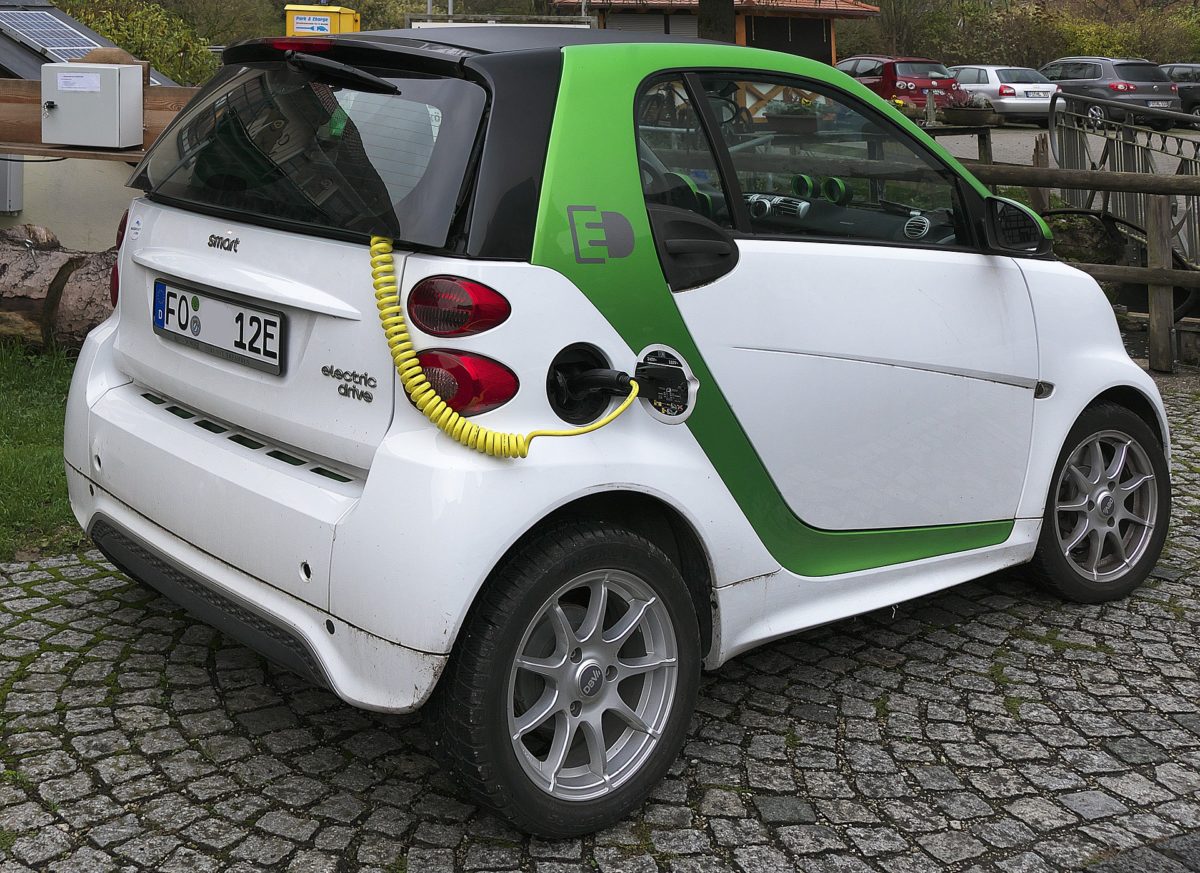The electric mobility industry expects GST cut on batteries and a lowering of interest rates on EV finance in the Union Budget 2023-24.
“The industry has a high expectation for the clean tech sector in this budget including GST reduction and parity for battery swapping and alternate battery technologies; and financial incentives for the battery supply chain industry with additional ACC-PLI scheme for stationary storage applications,” said Debi Prasad Dash, executive director, India Energy Storage Alliance (IESA). “The Government should also focus and allocate special funds for R&D and innovation of advanced technologies and skill development and capacity building of emerging technology sectors like energy storage, electric mobility, and green hydrogen.”
Specifically, the alliance has called for tax holidays to boost investment in the energy storage industry, along with the reduction of GST rates and exemptions on customs & excise duty to bring down the overall system costs in the short run.
GST for EV batteries ranging from 18% to 28% is a key barrier to bringing down the cost of EVs. IESA has suggested bringing down GST under the 5% bracket to ensure affordability and a smooth transition towards EVs from ICEs. Moreover, the alliance has asked for an extension of the Fame II incentivization for the charging infrastructure and battery swapping as well.
IESA has also urged the government to finalize the second PLI scheme of ACC battery manufacturing of 50GWh capacity for stationary storage applications including grid-scale projects, behind-the-meter, and consumer-end C&I applications. On cell manufacturing supply chain components and raw materials, the alliance has sought a significant reduction of duties and credit guarantee schemes for intermediate material manufacturers to promote exports.
To support MSME and start-up ecosystems in the energy storage and e-mobility space, the alliance has called for effective measures to make funding access easy and affordable, including a loan guarantee for high-risk technology programs and a revenue shortfall scheme for the manufacturing sector.
Rahul Jain, director at Crayon Motors, says, “Even when the EV sales have doubled in the last year, the industry still suffers from higher initial ownership costs of EVs, which is a direct result of higher input costs. We hope the upcoming budget will reduce GST on raw materials/components, thereby accelerating India’s EV race. Because battery manufacturing in India relies heavily on imports, some duty relief could help reduce overall costs. EVs have fewer financing options and higher interest rates than ICE vehicles.”
Maxson Lewis, founder and managing director of Magenta Mobility, recommends a loan mandate to government sector banks and financial institutions to make financing easy for EV customers. “The government can see this as a kickstart to a sustainable economy while driving demand for the automotive industry,” he said.
Nitin Gupta, CEO and co-founder of Attero Recycling, hopes the government will unveil significant initiatives to boost the recycling industry in the budget.
Gupta said, “Numerous steps have been taken by the Indian government to combat climate change and achieve carbon neutrality. The government introduced the battery swapping program in the budget for 2022, and hopes for this budget are considerably higher given that it comes on the heels of India taking up the G20 presidency.
“Recycling must play a crucial role in allowing India to transition from a linear to a circular economy. Adopting a circular economy will eliminate the issues connected with mineral scarcity and supply chain fragility, allowing the nation to be self-sufficient in battery materials. Lithium and cobalt comprise about 40% of the value of lithium-ion batteries, yet India has no lithium or cobalt reserves. These difficulties and future mineral demand can be met through urban mining.”
Gupta said there is an urgent need to implement regulatory changes in the lithium-ion battery ecosystem, such as lowering taxes and import duties and prohibiting the export of used lithium-ion batteries and black mass.”
This content is protected by copyright and may not be reused. If you want to cooperate with us and would like to reuse some of our content, please contact: editors@pv-magazine.com.









By submitting this form you agree to pv magazine using your data for the purposes of publishing your comment.
Your personal data will only be disclosed or otherwise transmitted to third parties for the purposes of spam filtering or if this is necessary for technical maintenance of the website. Any other transfer to third parties will not take place unless this is justified on the basis of applicable data protection regulations or if pv magazine is legally obliged to do so.
You may revoke this consent at any time with effect for the future, in which case your personal data will be deleted immediately. Otherwise, your data will be deleted if pv magazine has processed your request or the purpose of data storage is fulfilled.
Further information on data privacy can be found in our Data Protection Policy.